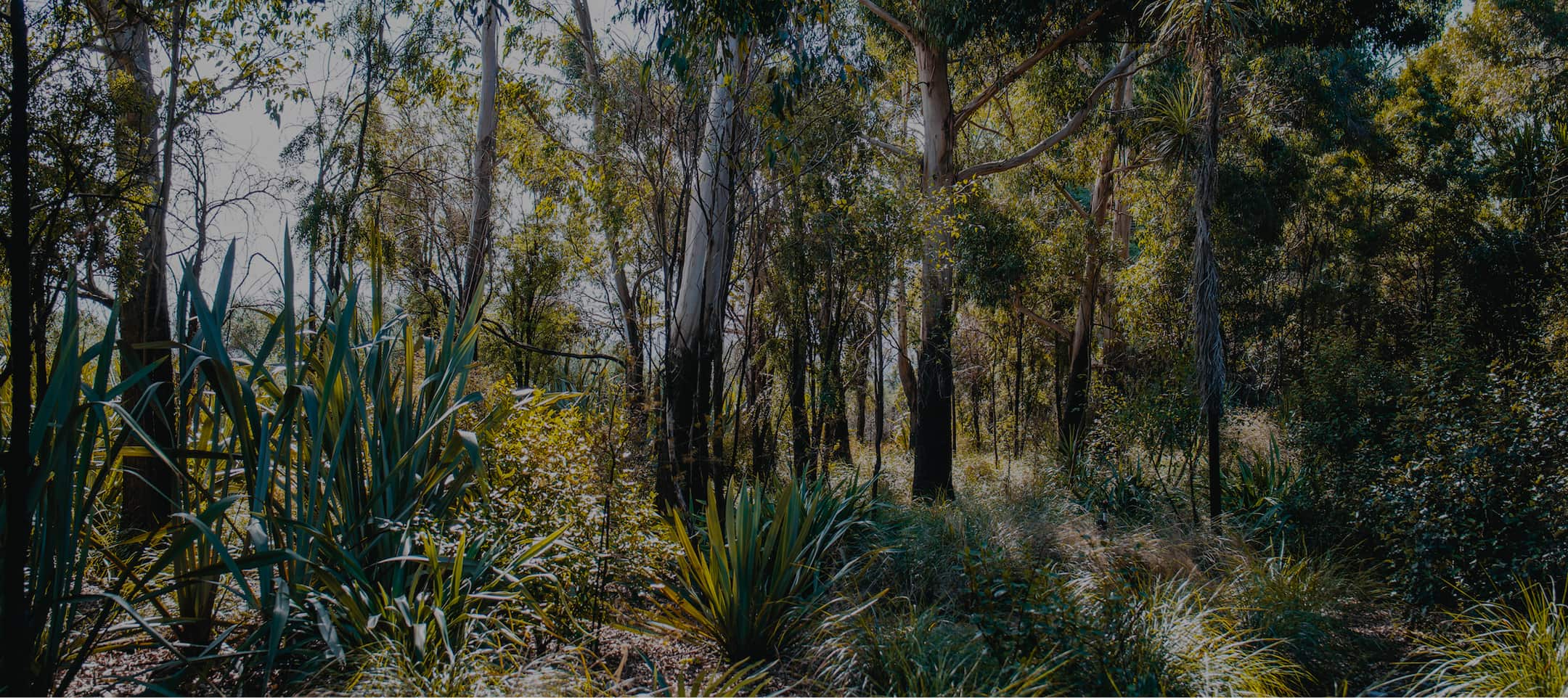
Sustainability
Practices for future generations.
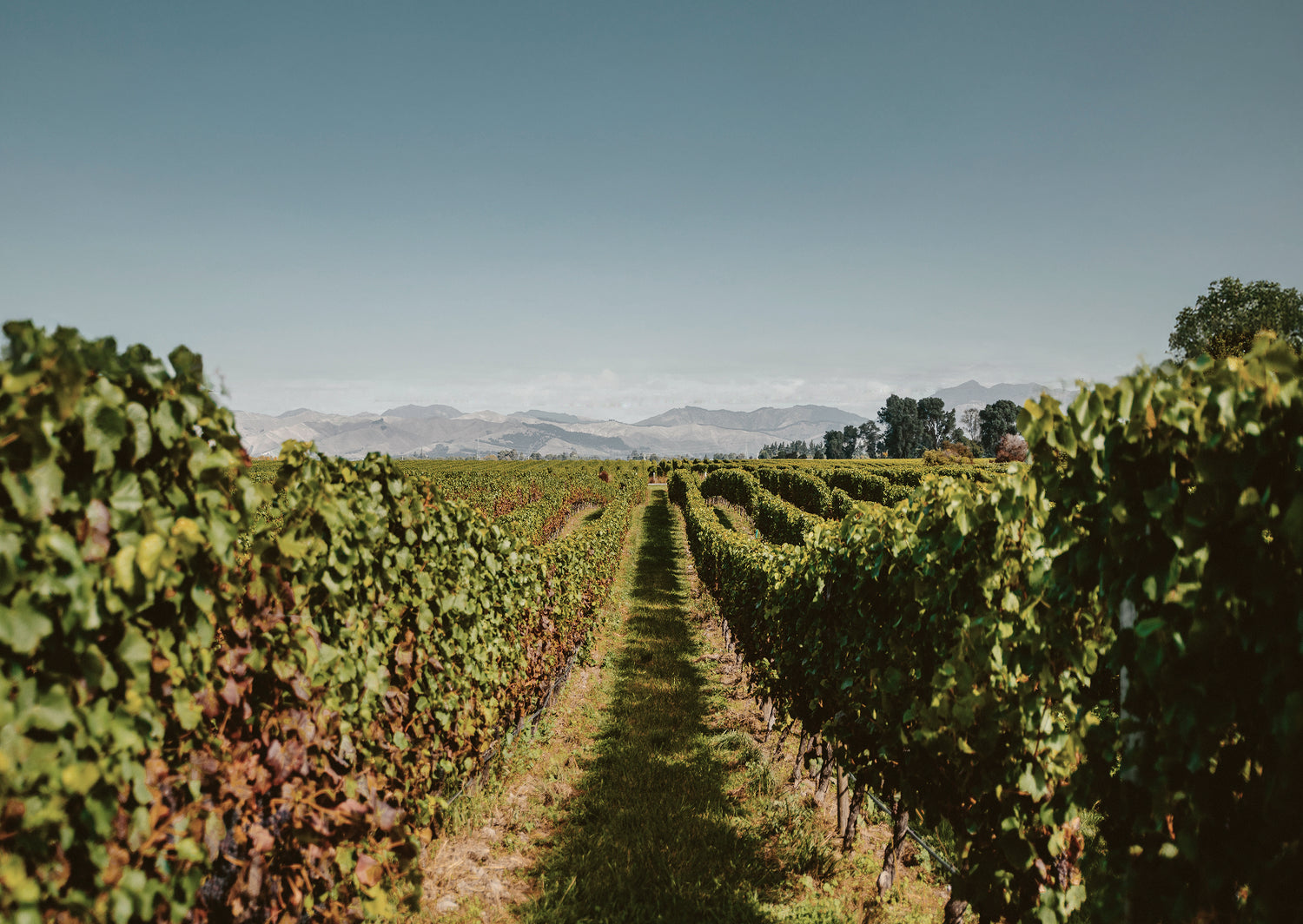
Our passion for sustainability.
Our passion for sustainability runs deep. We're proud to be able to harvest our grapes sustainably since our inception in 1979. Quality and sustainability have been Hunter’s cornerstones since our first vintage. We’re a family winery, and we want to protect the land for future generations.
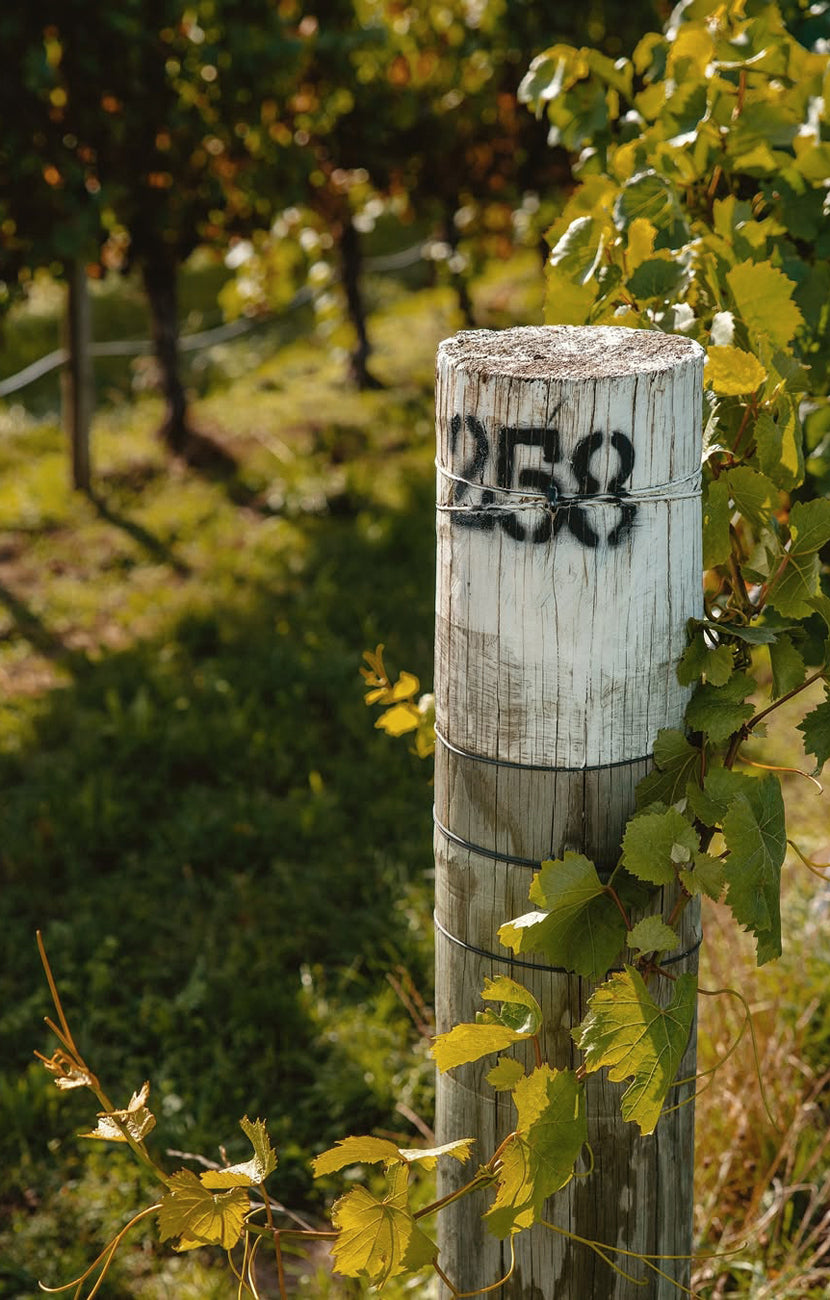
Vineyards
Sustainability is part of everything we do in the vineyard. We’ve replaced weed sprays with under-vine weeding, and compost our grape marc into nutrient-rich soil boosters. This blend, made with sawdust, improves water retention and soil life. Every step in our process is designed to protect the land, while growing the best fruit we can.
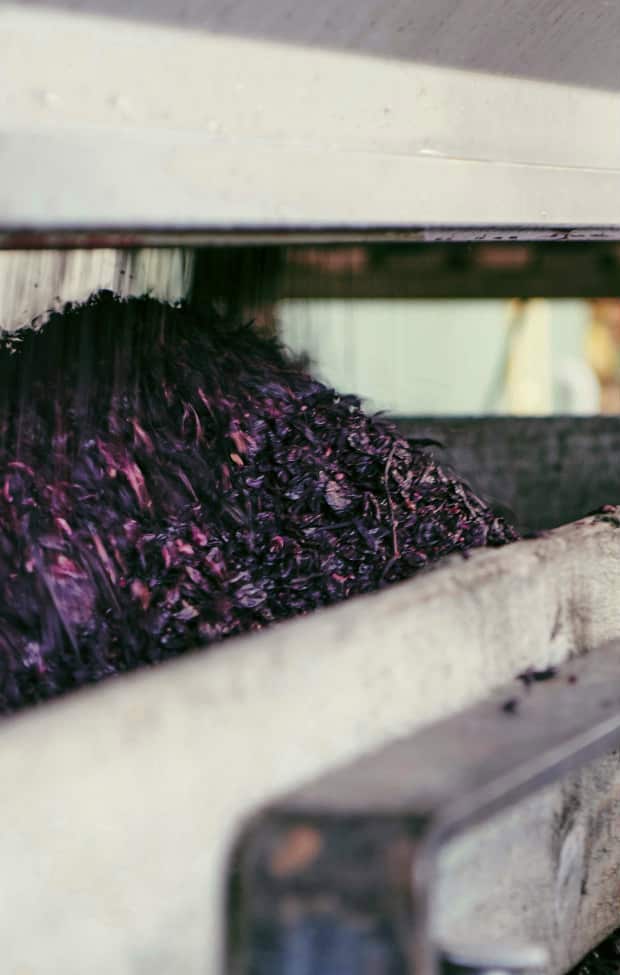
Winemaking
Our wines are vegan-certified, and our winery is run with care to reduce energy and resource use. We monitor electricity, diesel, and water closely, adjusting systems and processes to lower our impact. Switching to larger oak barrels has reduced cleaning cycles, and we’re moving to electric forklifts and energy-efficient lighting to further shrink our footprint. Even small steps, like water recycling, add up.
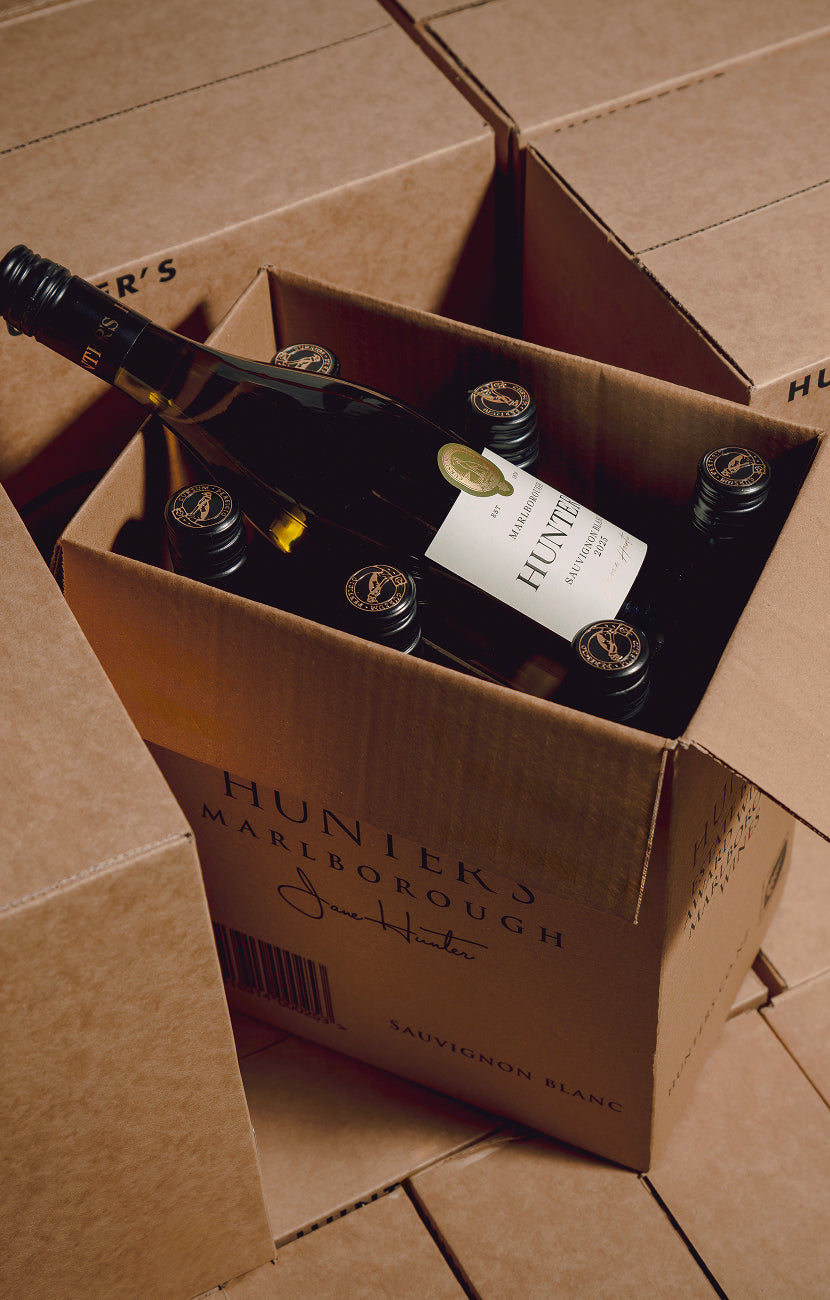
Packaging
We bottle on-site and take full responsibility for what we put out into the world. Between 2023 & 2024, we reduced the bottle weight from 420g to 385g, which saves 86 tonnes of glass per year. Now, over 95% of our bottles are "lightweight," with 56% recycled content—a figure we’re working to push to 70%. All our labels are FSC certified, sourced from responsibly managed forests, and our cardboard, glass, and paper are recycled wherever possible.
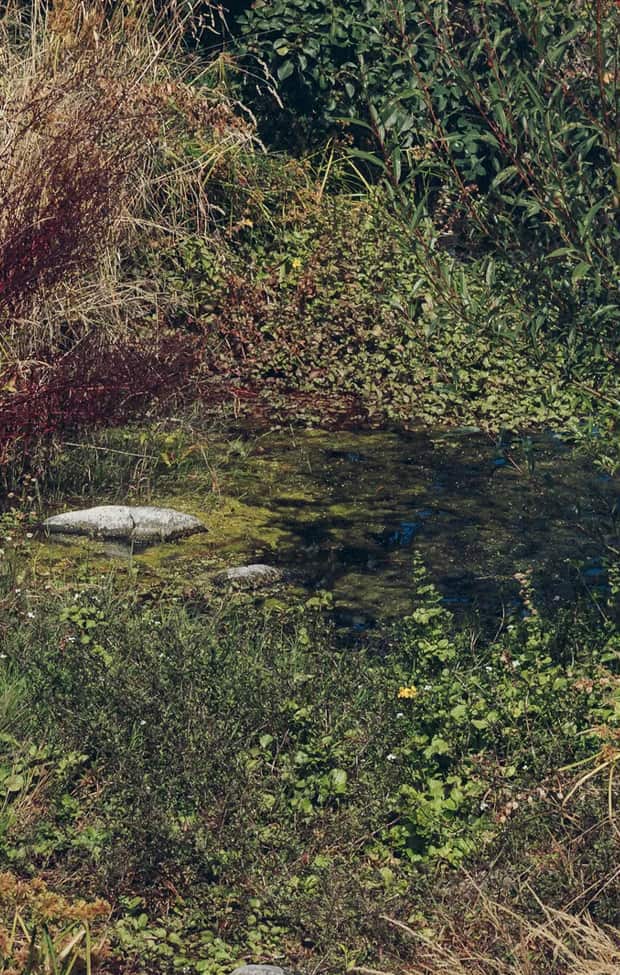
Biodiversity
In 2002, we planted a native garden on the dry Wairau Plains—a rare oasis that now thrives with totara, lancewood, and kowhai. It enriches our Rapaura vineyards, creating habitat and shelter, fed by recycled winery wastewater. In 2021, we restored a forgotten wetland nearby, now home again to native birds and plants. On the vineyard floor, we’ve introduced a low-growing sward of clover, lupin, chicory and rye, reducing mowing, restoring nutrients, and helping our vines thrive naturally.
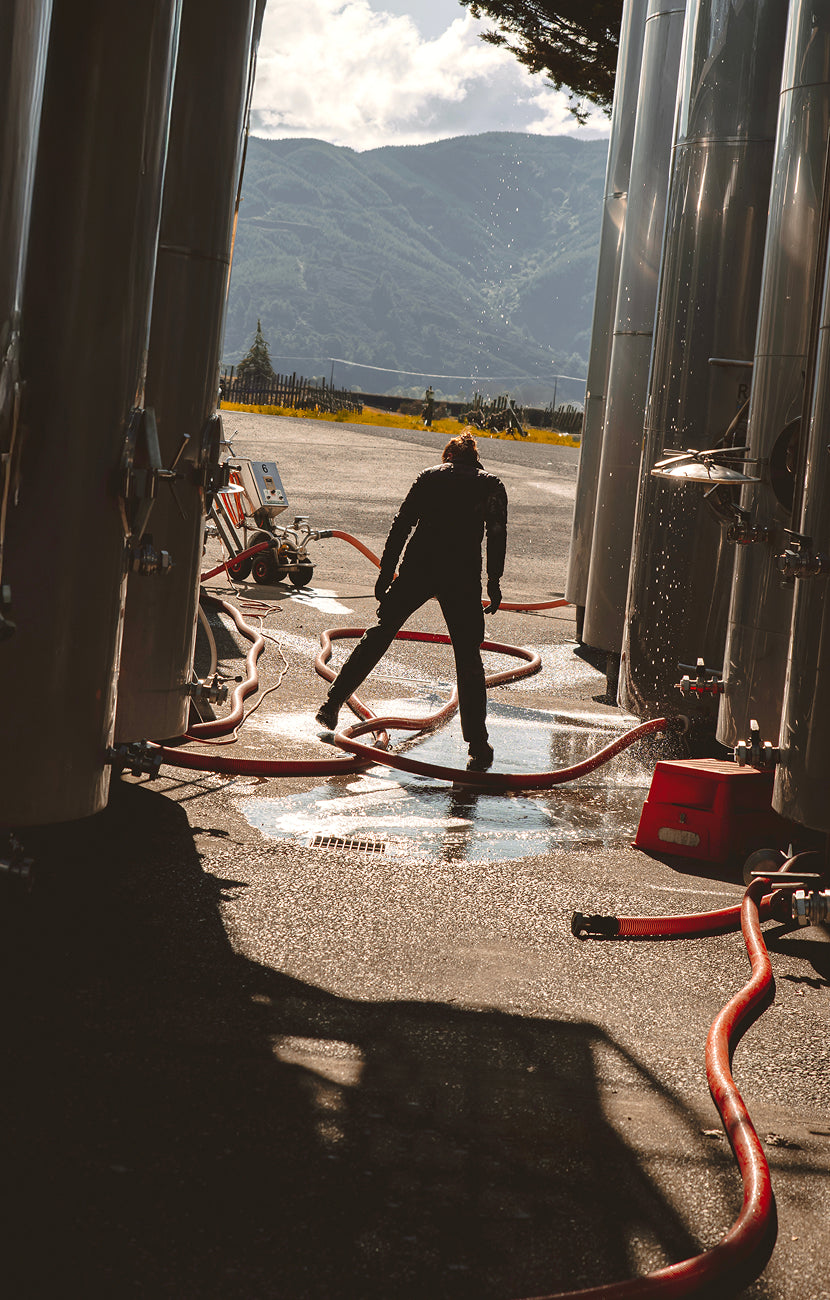
Certifications
We’re proudly certified by Sustainable WineGrowers New Zealand and Appellation Marlborough Wine, with our Sauvignon Blanc carrying both marks. Most of our wines are also vegan-certified by the NZ Vegetarian Society, ensuring no animal-derived ingredients are used in our winemaking. As members of Méthode Marlborough Society, we help uphold the quality and reputation of Marlborough’s traditional sparkling wines.
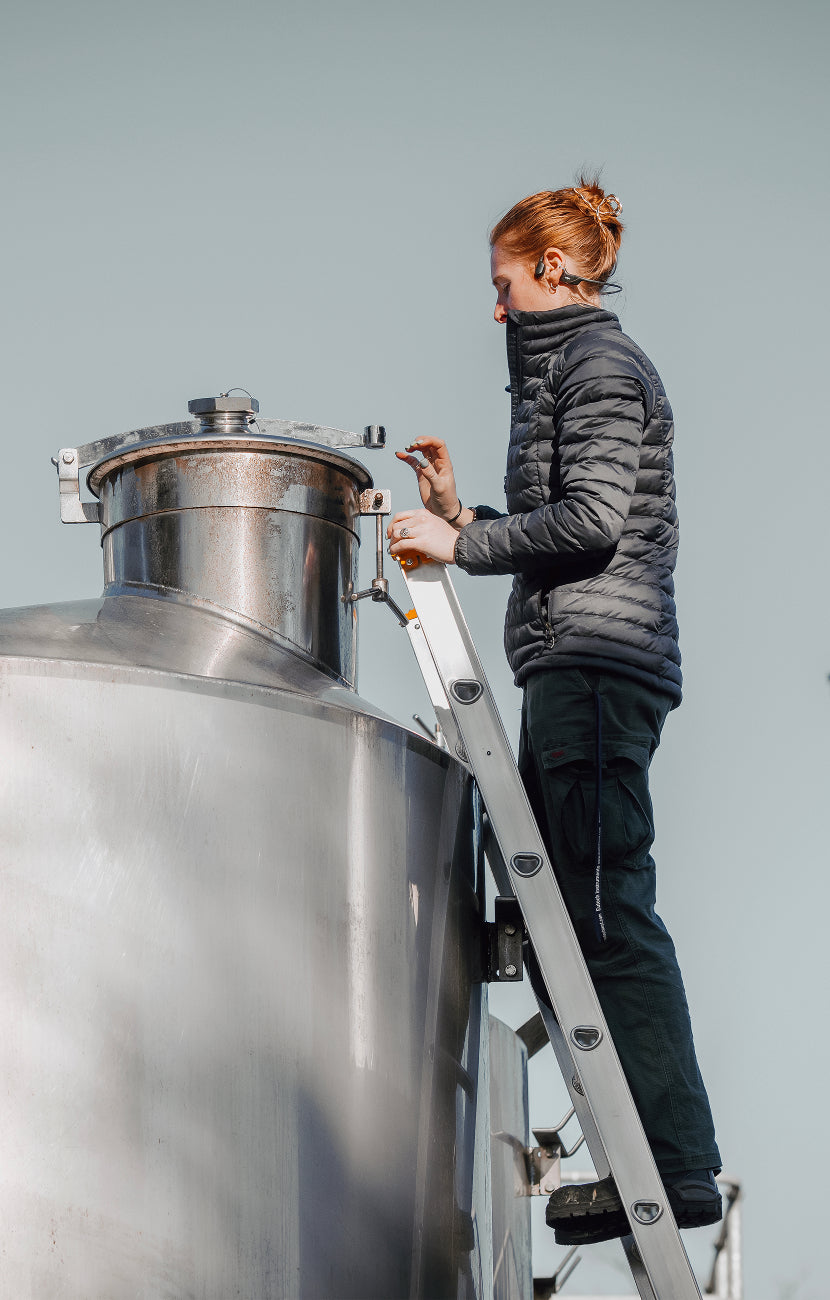
The Future
Our focus is on doing better, every year. We're actively reducing herbicide and pesticide use, shifting more of our vineyards to organic practices, and cutting our environmental footprint. We’re also exploring Carbon Zero certification to benchmark our progress and offset what we can’t yet eliminate. There’s more to come.
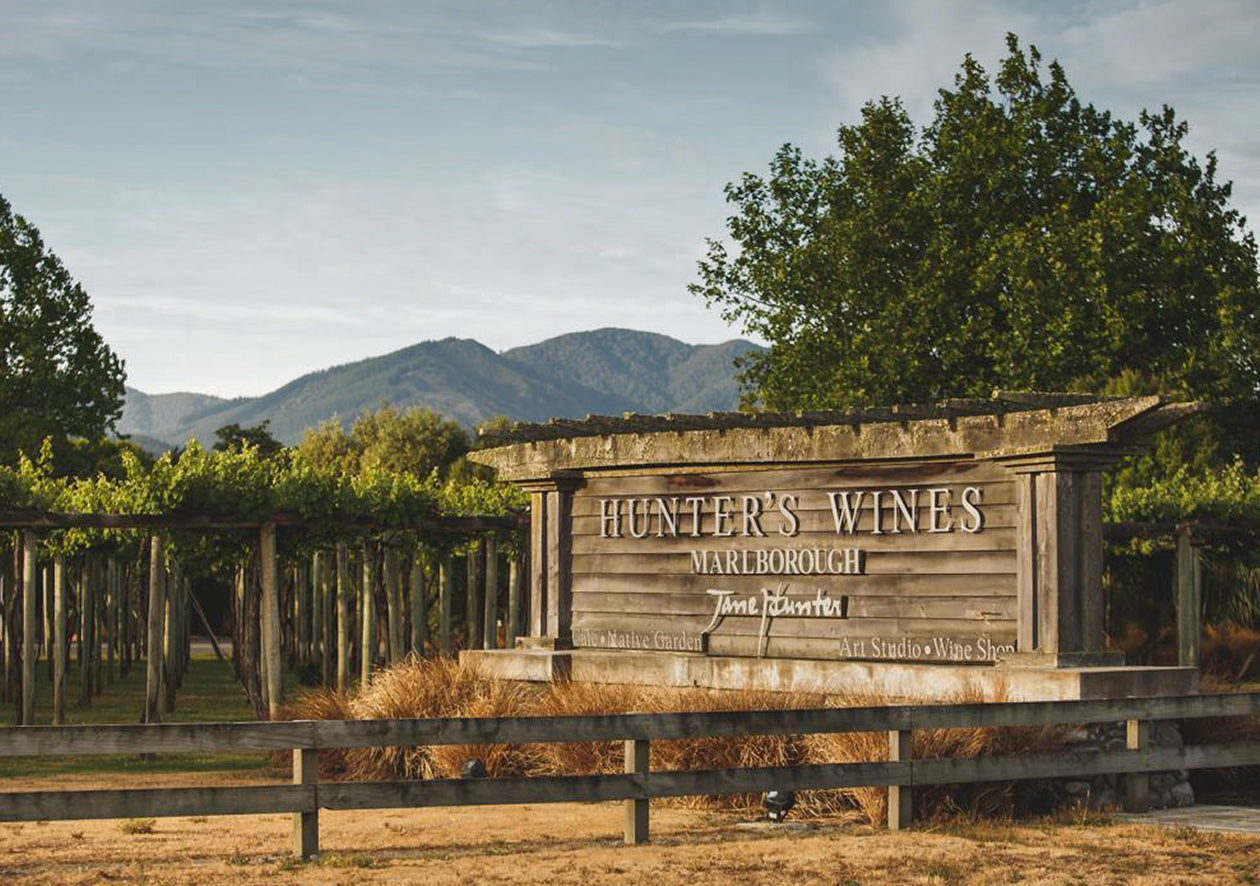
Cellar Door
Join us for a tasting or linger over a light bite in the heart of wine country. Open five days a week, our Cellar Door is a warm welcome to the world of Hunter’s—where every glass tells a story.